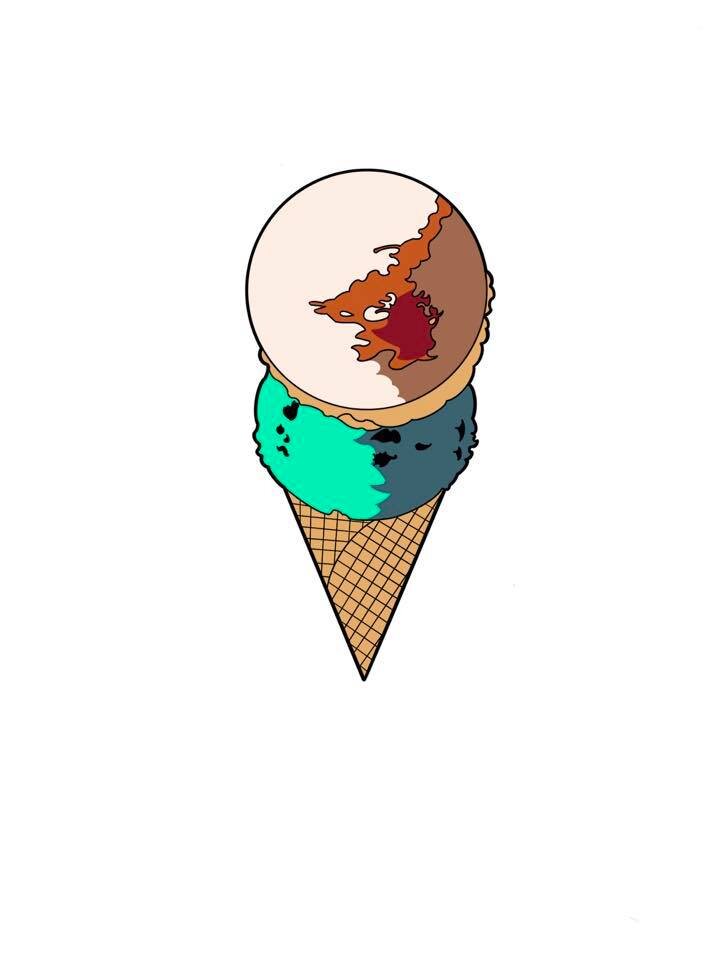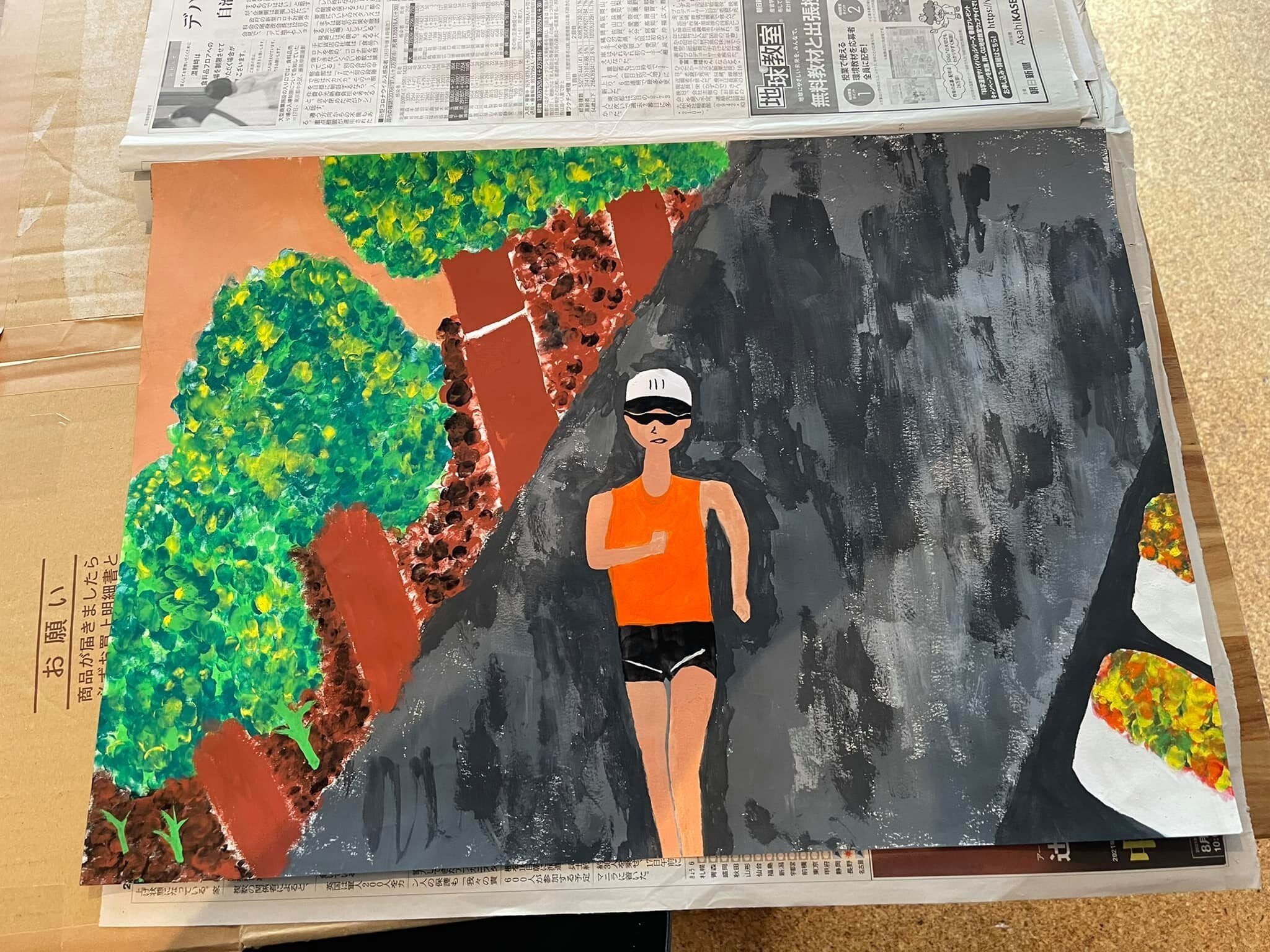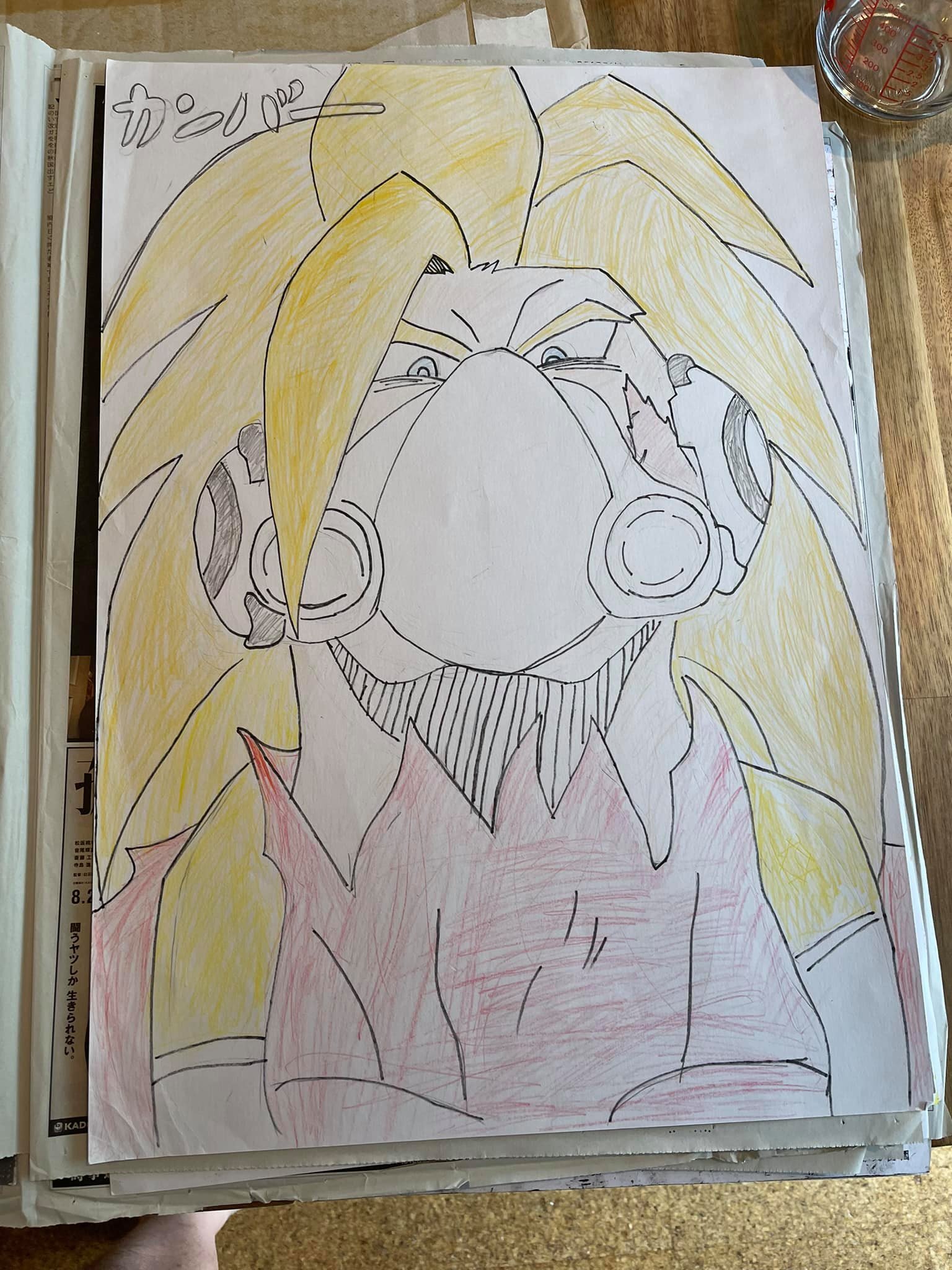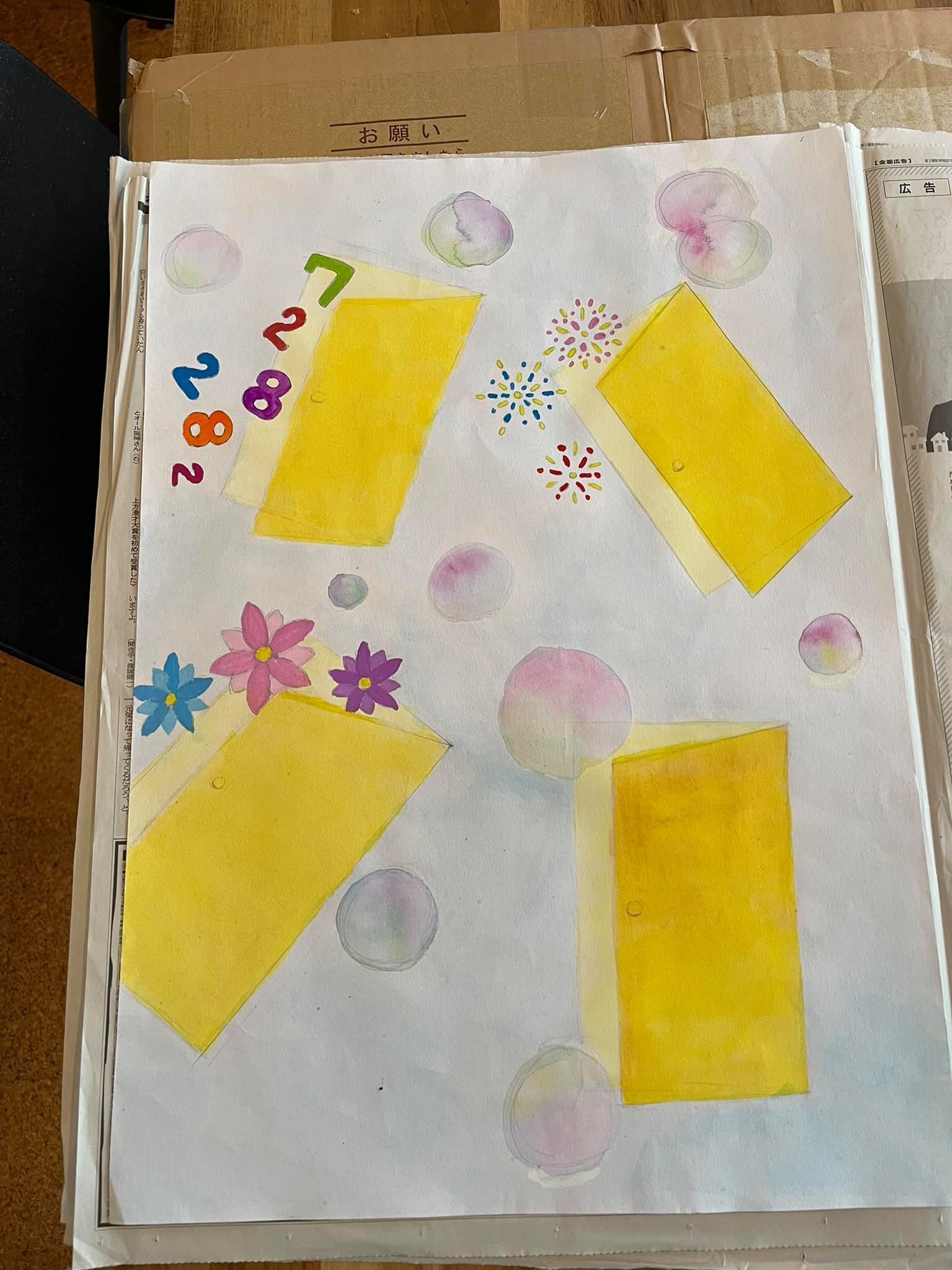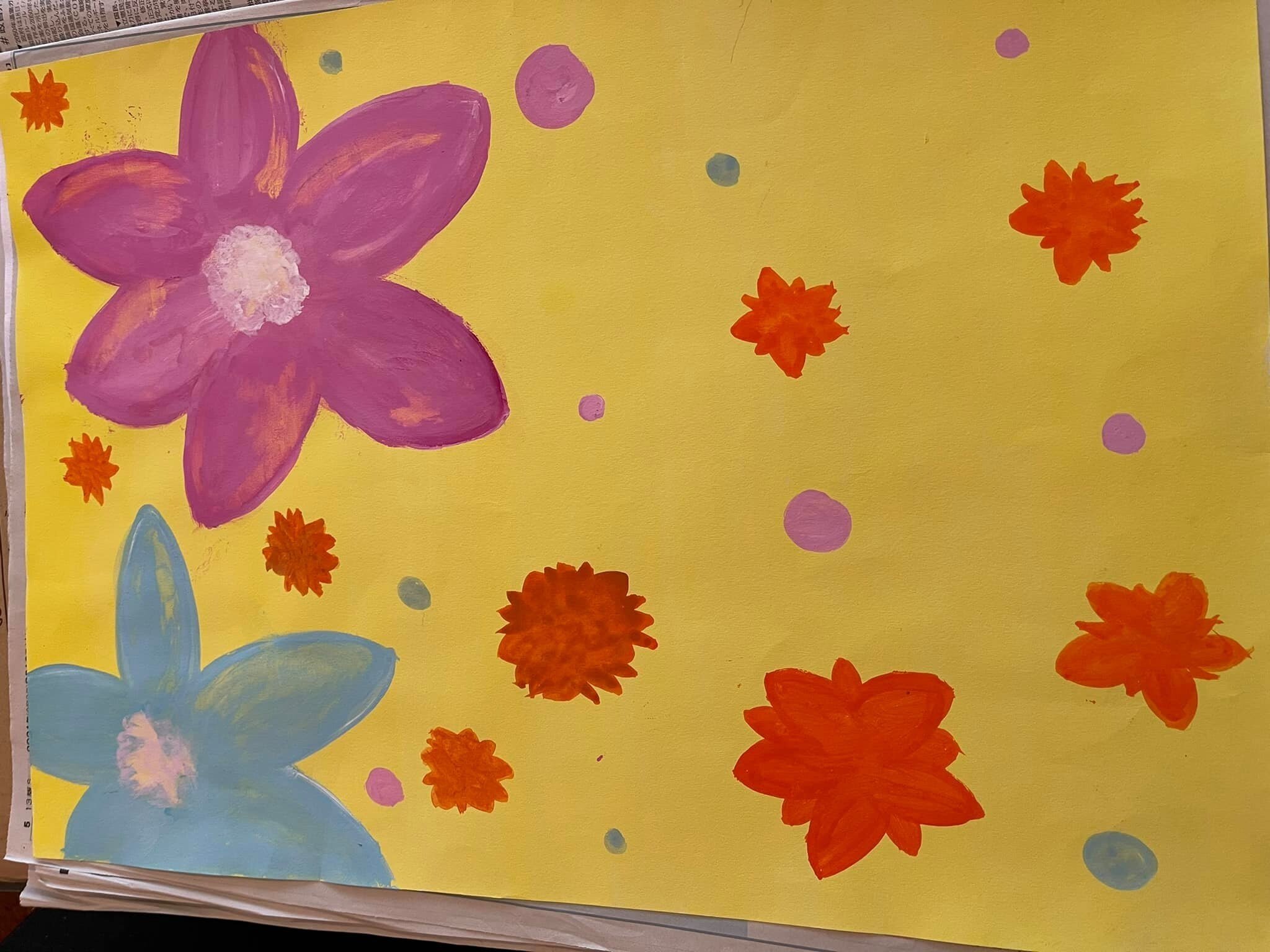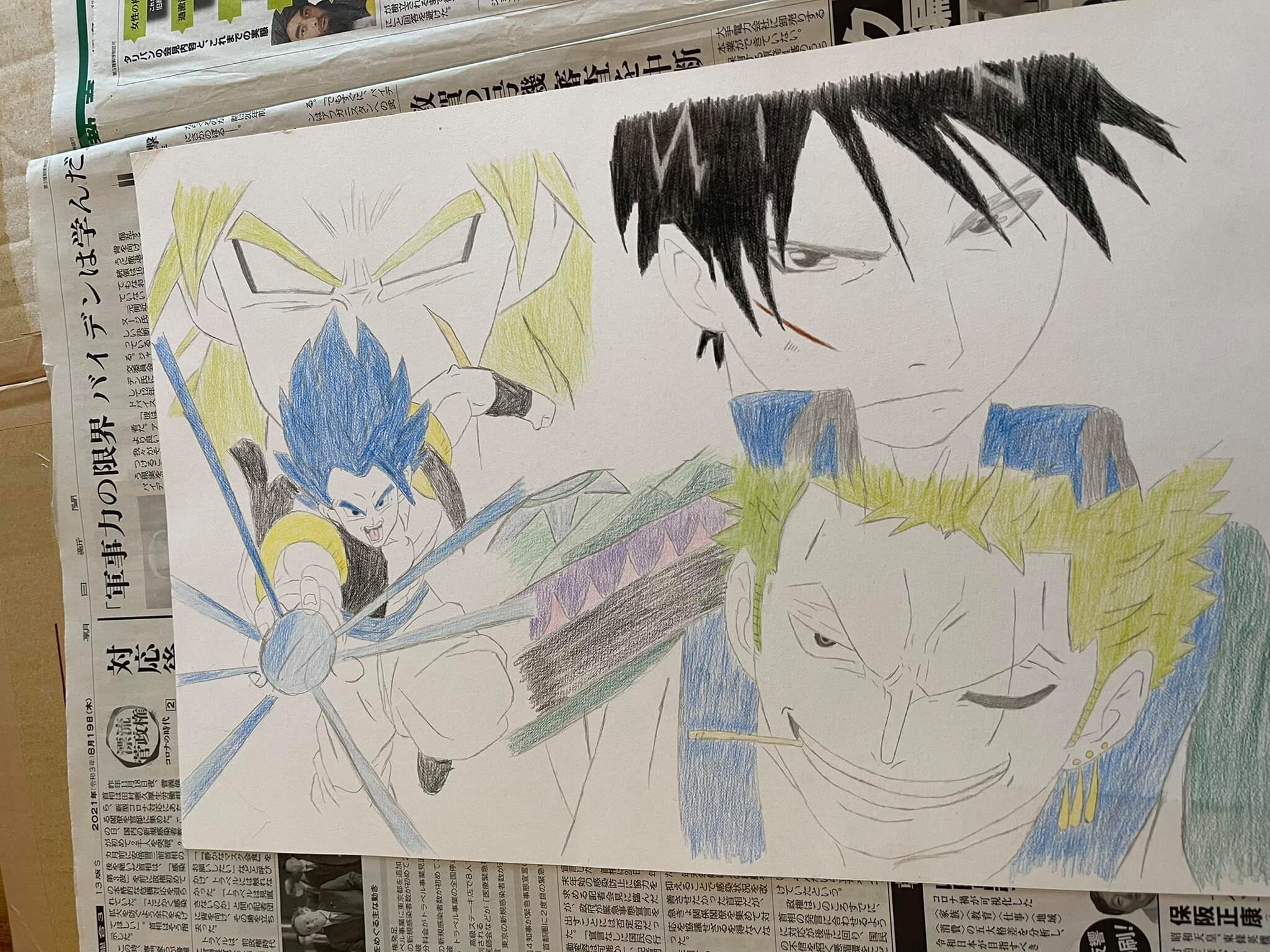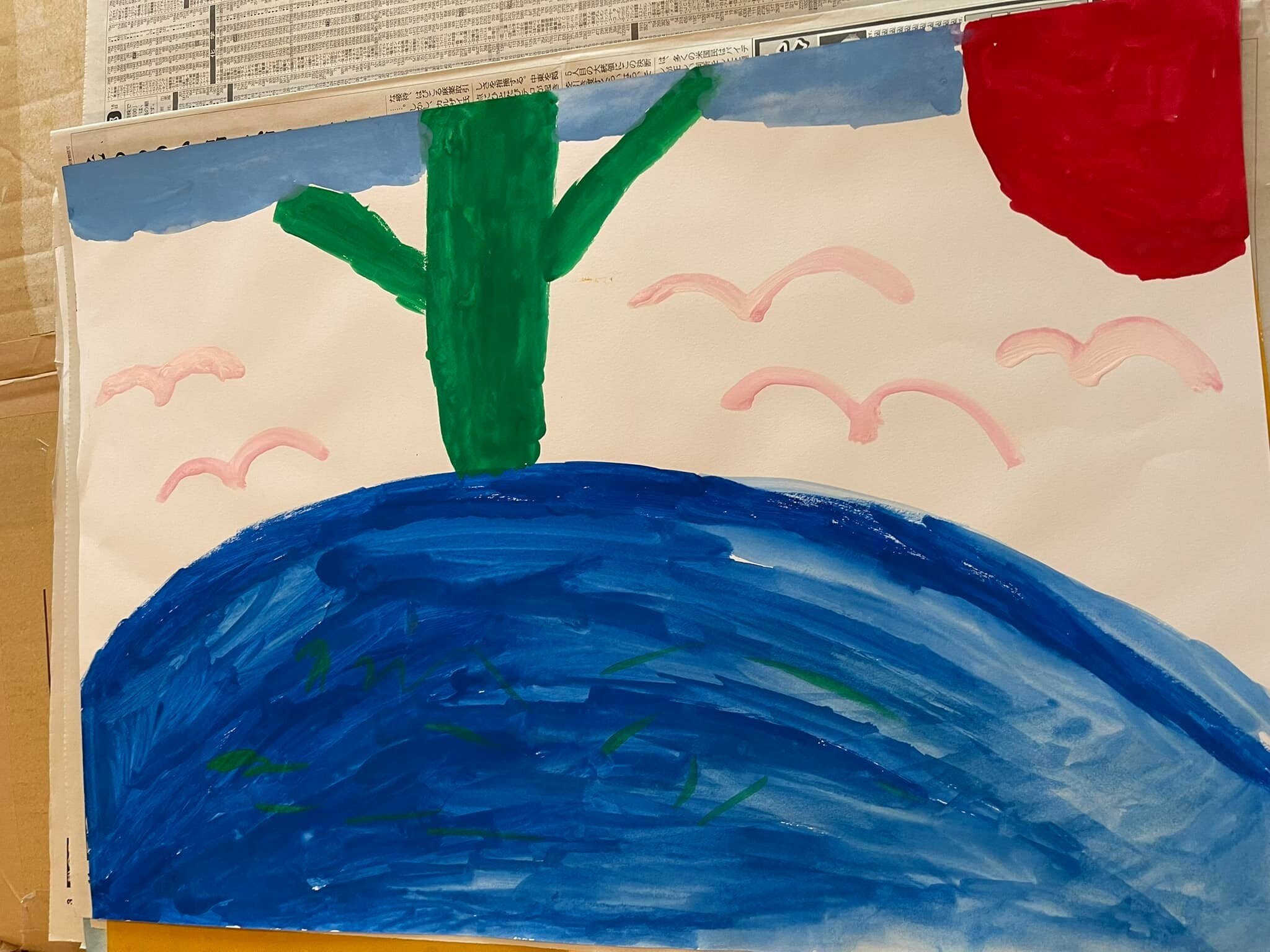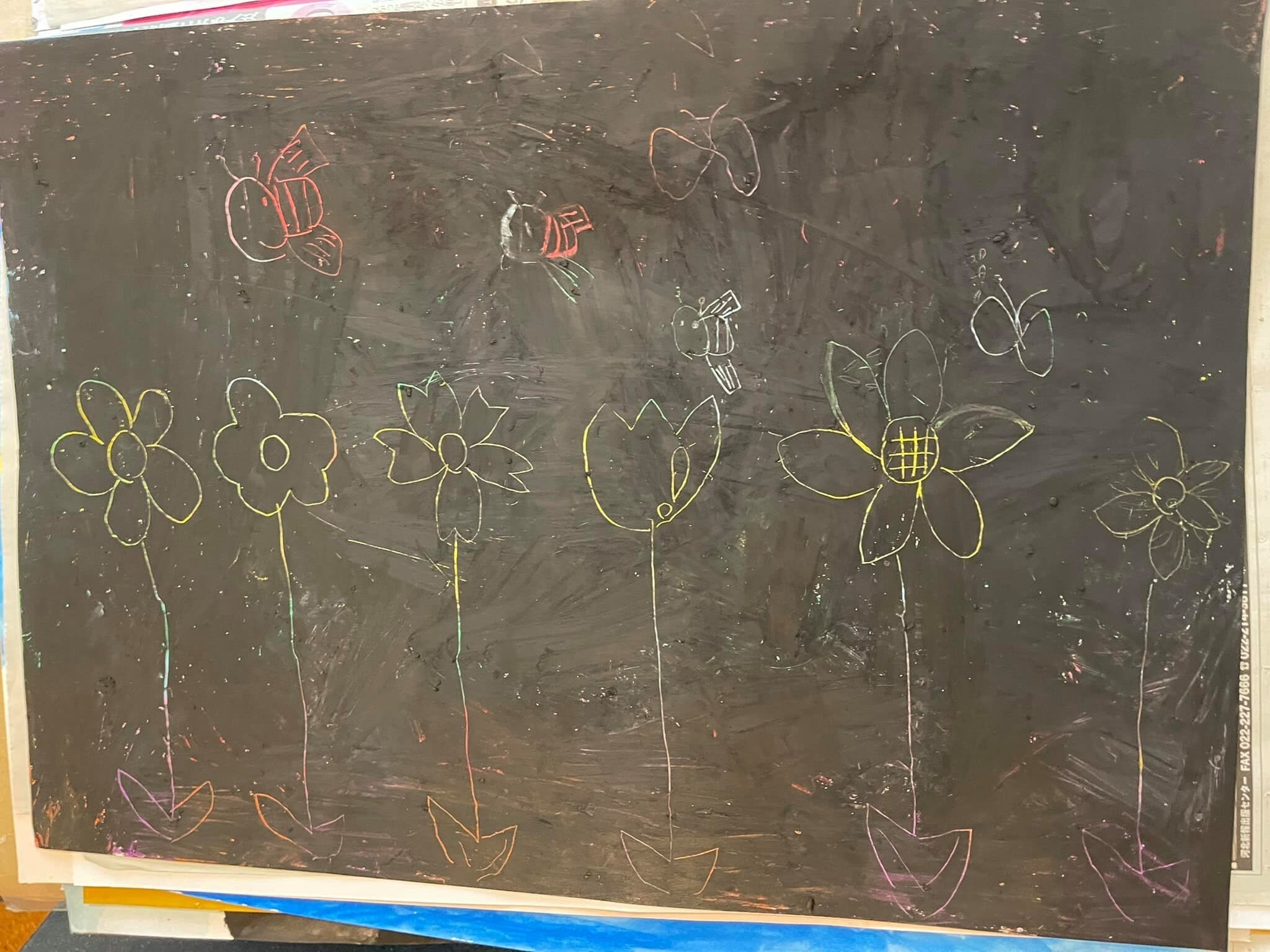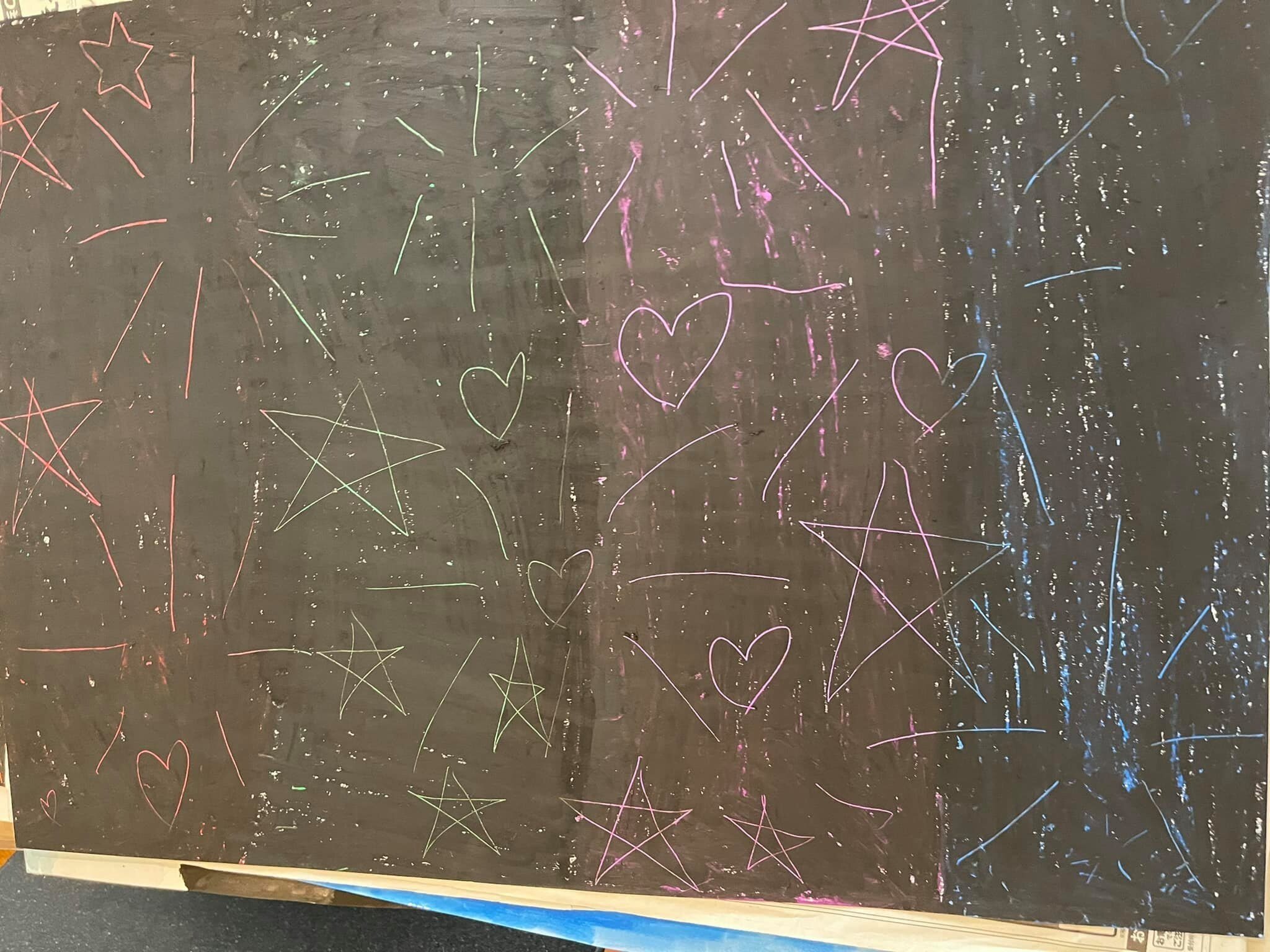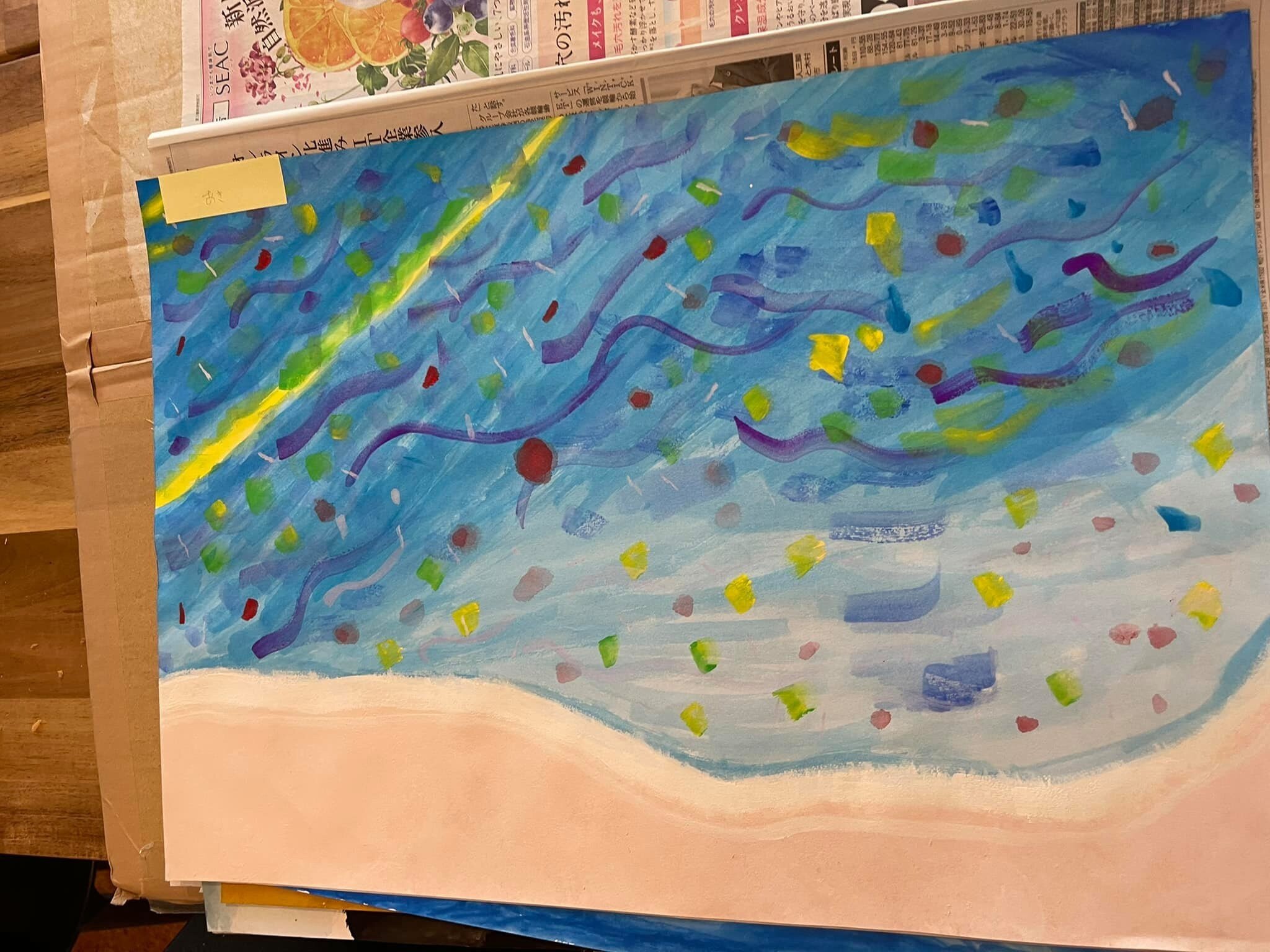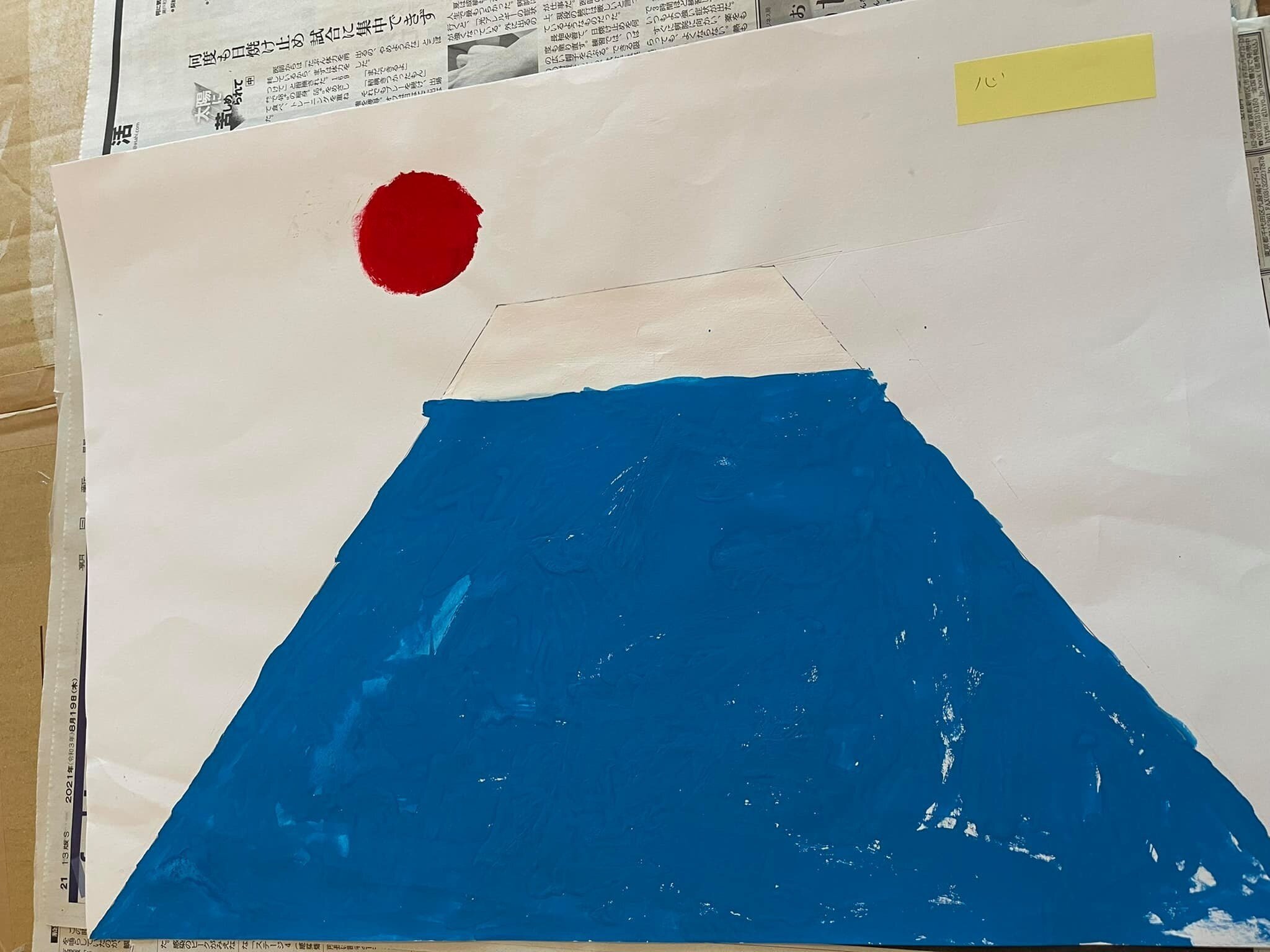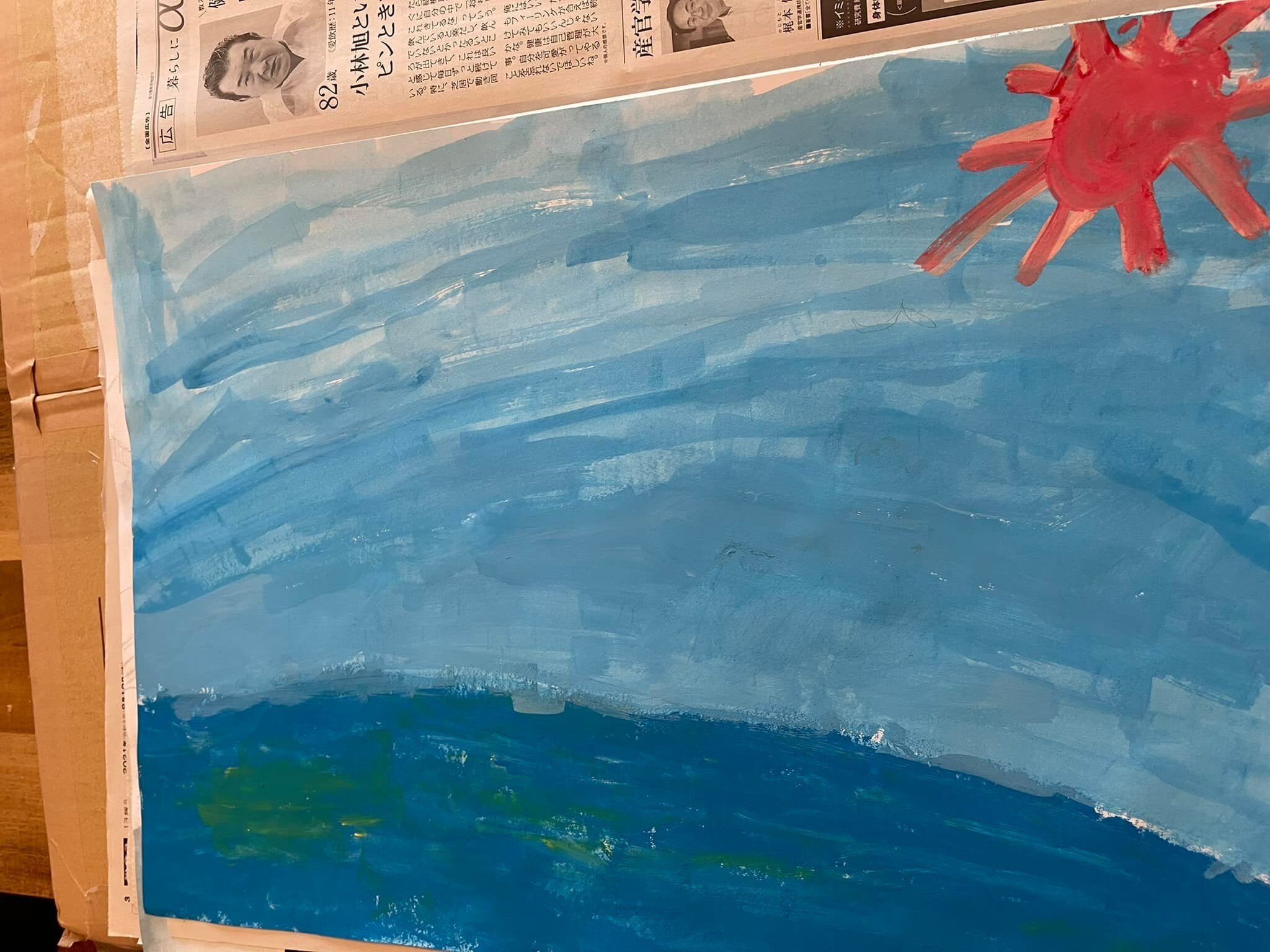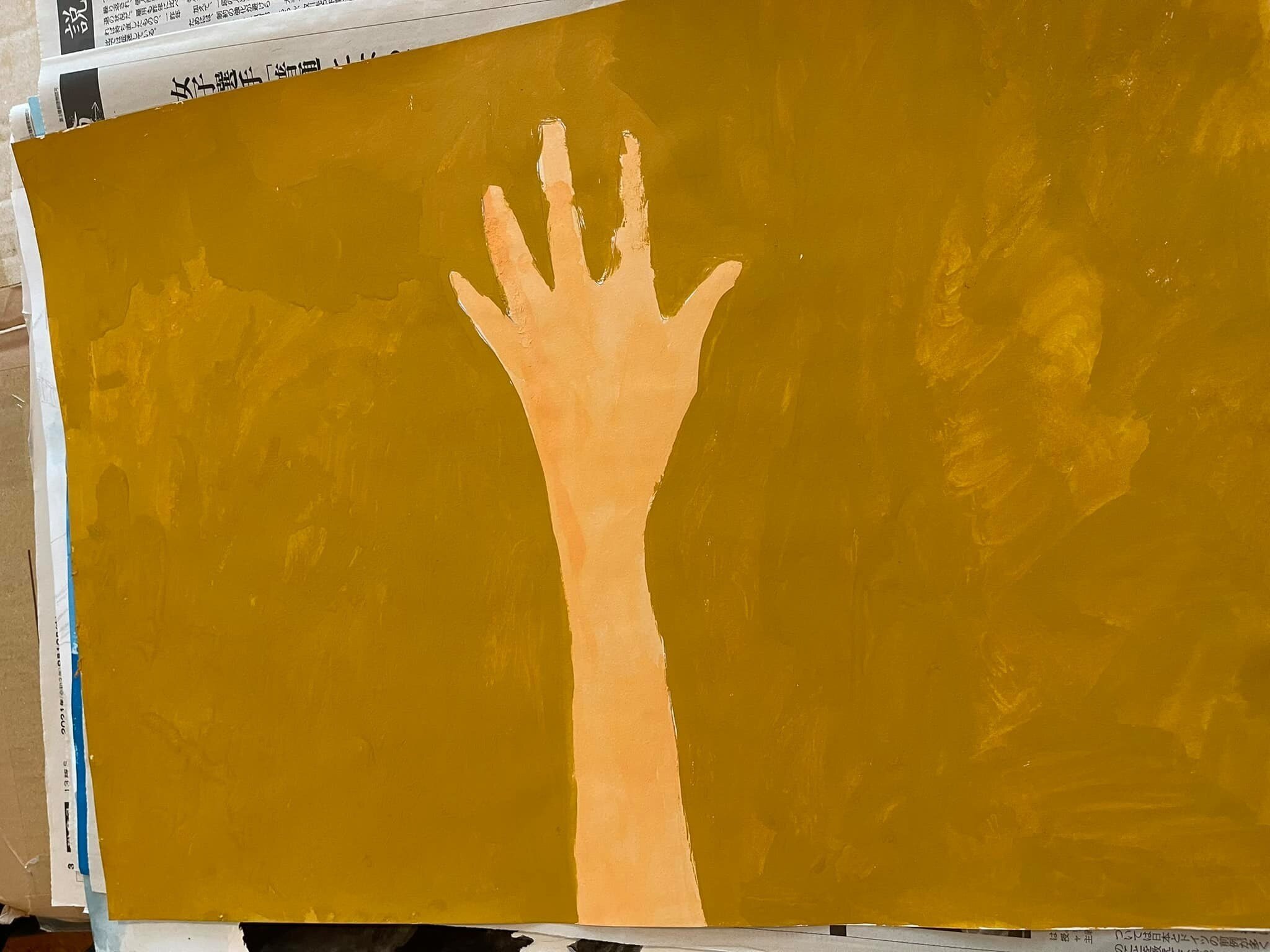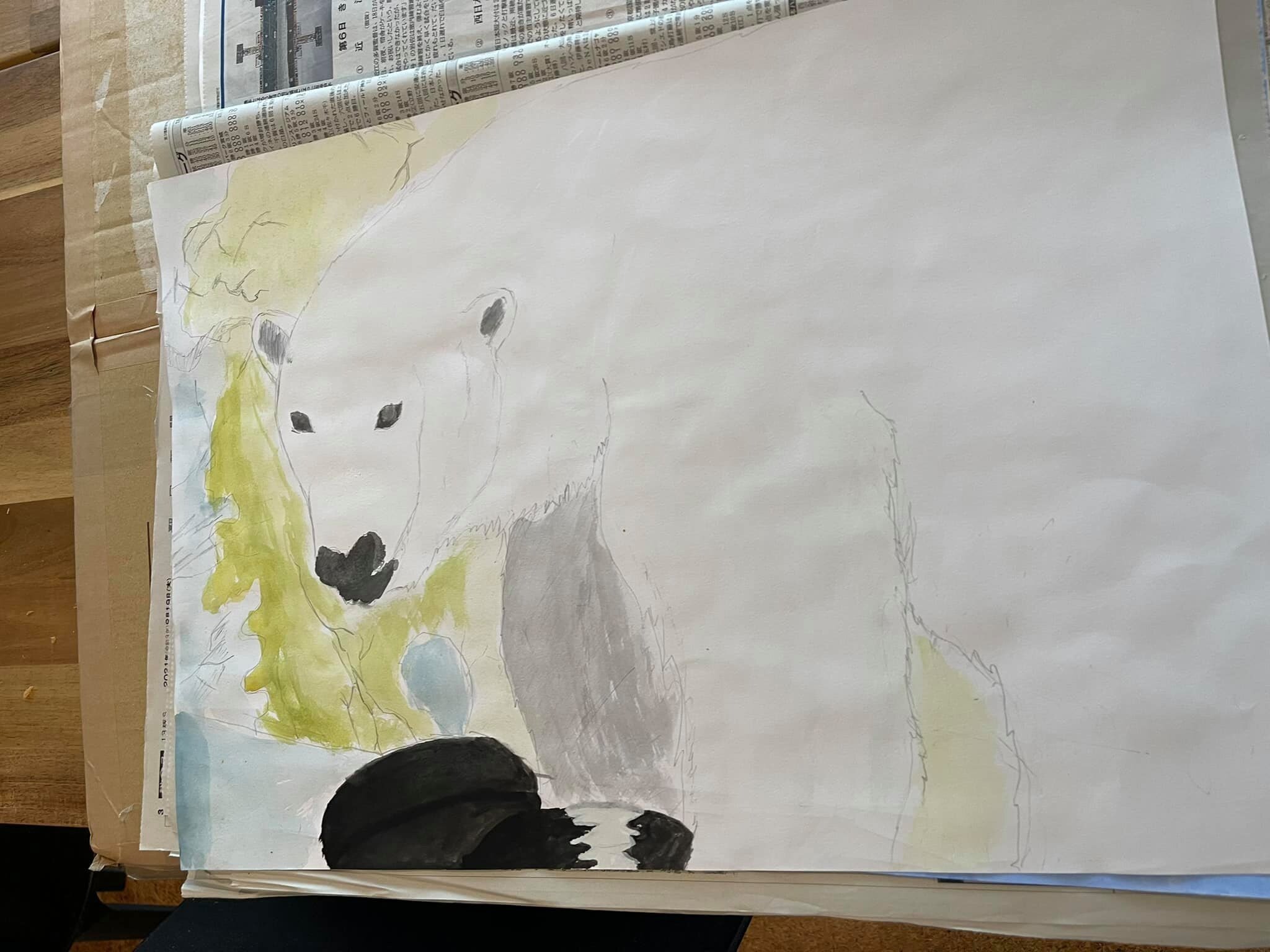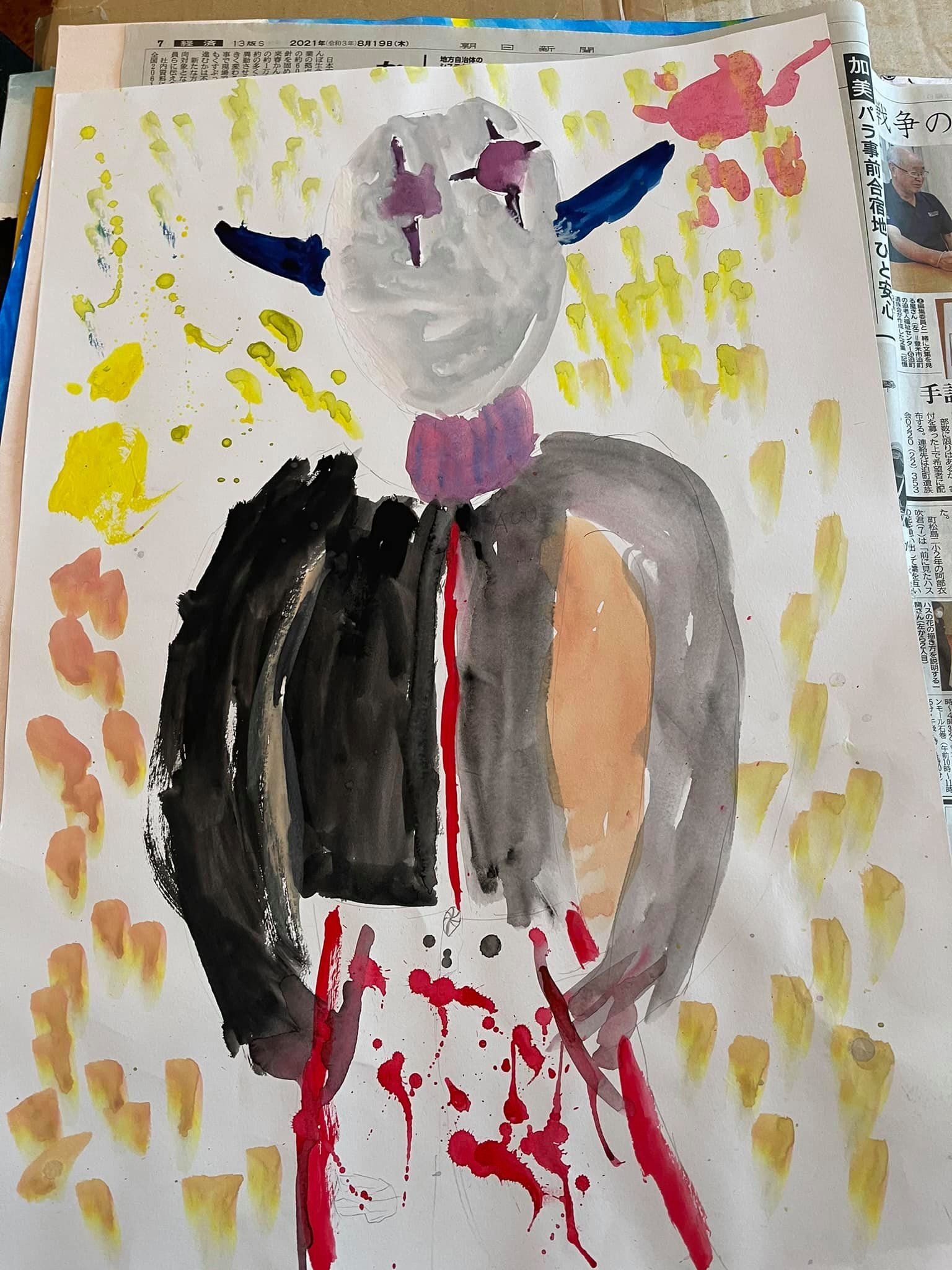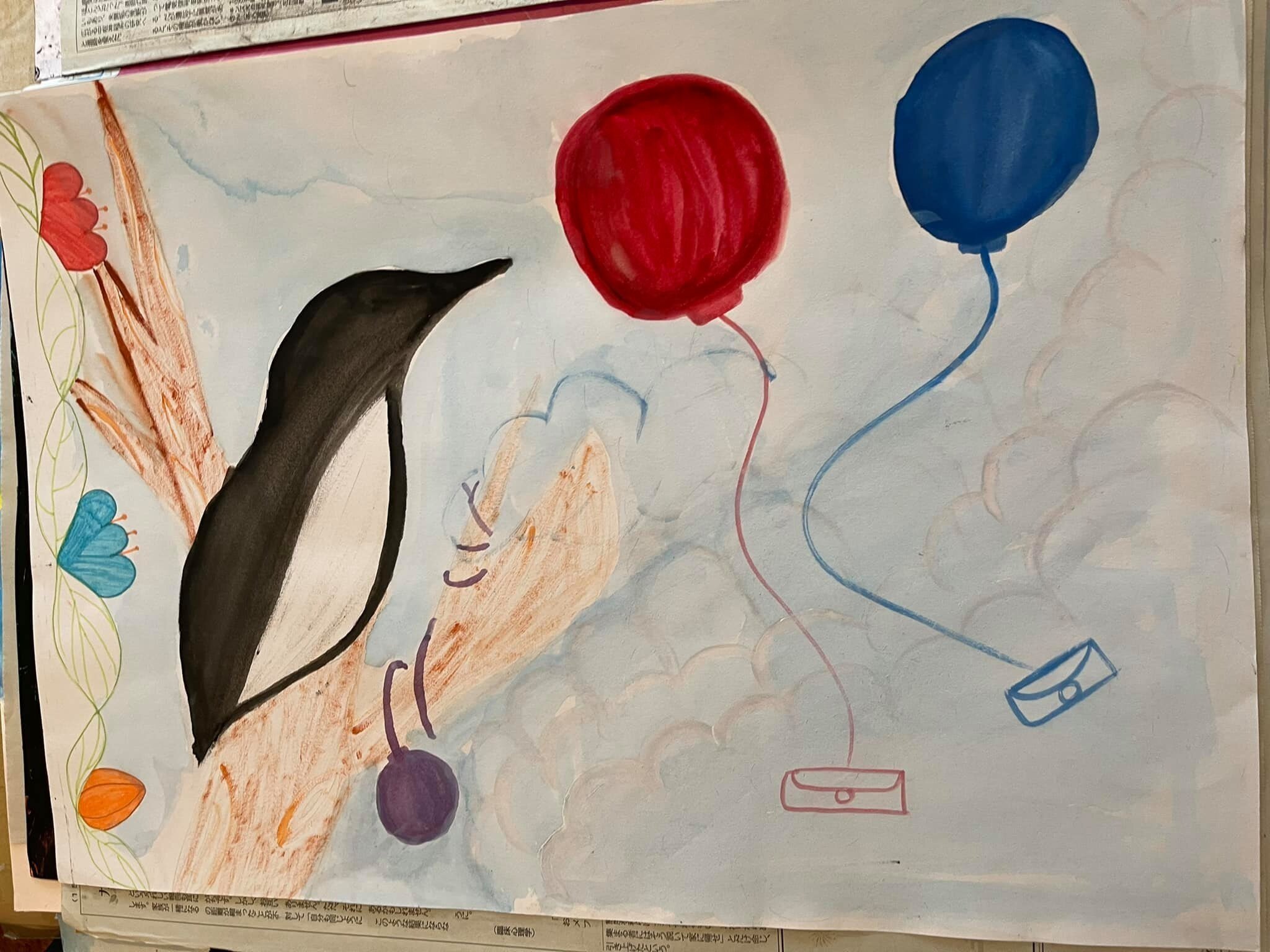The Hidden Abuse of Japan’s Children
September 14, 2021 | By You Me We NPO
“Children have always taken a back seat to adults’ interests in Japan. That has to change.” - Yasuhisa Shiozaki
All children deserve to be protected and be entitled to a healthy life, yet for thousands of Japanese children, this notion is only a dream.
In Japan, one of the biggest issues to date deals with the neglect and abuse of children. Despite ranking 19th in the 2019 UN Human Development Index Ranking and possessing one of the strongest economies, the country’s implementation of child protection is severely lacking. While developed countries place the majority of abused and neglected children in foster homes, Japan takes an alternative approach. Read more…
Figure 1.2.2 Number of Reported Child Abuse Cases (H2-H26 = 1990-2014)(厚生労働省, 2014)
Artwork by YouMeWe's Ambassadors
Artwork done by one of the Ambassadors for the game they are creating. Drawn on his iPad.
Little By Little Campaign
Matching alert!
From September 13-17, when you give up to $50 to support YouMeWe, @GlobalGiving will match your generosity at 50% for the #LittleByLittle campaign.
Help us spread the word: share this post with your family and friends to let them know that BIG change can come from little acts of kindness!
https://www.globalgiving.org/.../september-2021.../terms/
Organize YouMeWe Warehouse
This Saturday, we organized the YouMeWe warehouse! We have a new warehouse manager, so we handing the job over to her.
YouMeWe Ambassadors
Our team working on a presentation to a donor company that they will give. The history of the NPO, statistics around the population we support. Two Ambassadors will join to share their own stories; one placed in care as a newborn and another from 12 years old. Then they did a cross comparison to the companies home country of Italy. Italy has half the population of Japan as a country. They have 28,000 in care vs 45,000+ however 50% are in Foster Care while Japan has roughly 33%.
Drawing Contest 2021
The first of the Designing Artists Academy 2021 Summer Drawing Contests submissions arrived from Sendai.
Podcast with Dr. Lois Holzman and Dr. Makiko Kishi
Today we were so fortunate to have Dr.Lois Holzman who founded the East Side Institute in New York and Dr.Makiko Kishi of Meiji University join us to talk about how to help people ask for help and help themselves.
Approaching problems with their toolkit. Not trying to solve problems for the population we work with but rather letting them be part of the solution. For some problems (issues in life) we need to make new tools and not only try to use tools we already have.
Going against the grain and realizing you get better at doing things when you do them with other people, some of whom are better at it than you. East Side Institute
Gucci & YouMeWe
Very proud of the team today who prepared and presented at Gucci about YouMeWe and the population we support.
make a typing game!
This is a picture of the team working to build a new type of typing educational software. Today we talked about art we will use for the project
Building our own…
At YOUMEWE we are working to develop educational software that will help Japanese speakers develop their typing and computer literacy skills. As English speakers we often taken for granted how easy it is for us to sit down in front of a computer and start using every application right away. When we started to teach computer programming lessons at YOUMEWE it became obvious that simple functions and inputs in English became very complicated difficult functions in Japanese. A simple word like "user" becomes an advanced kanji ( user- 利用者 (りようしゃ)). This presents some major problems for young learners trying to use the computer for the first time. An even bigger problem people learning computer literacy face in Japan is a very complex input method for typing Japanese. Typing in Japanese involves typing English romaji with some extra rules for special articles, like u う needs to be written as lu / xu ぅto get the smaller article. To input more advanced Kanji the users often need to find the kanji they are looking for in a long drop down list. Navigating that list of Kanji and knowing how to find what you want is almost a whole additional skill that Japanese speakers need to learn in order to become fully computer literate. Because of all this added complexity it is common for Japanese people to start using computers at a much older age than their, English speaking counter parts. At YOUMEWE we are developing a new type of Educational software to help jump start computer literacy at a younger age and help lower the barrier of entry for all computer literacy learners in Japan.
YouMeWe CodeClub Meetings.
This is a meeting by YouMeWe's Code Club team. On this day, we confirmed our tasks as a team and discussed the direction of future events.
New Intern Karin
Hi, my name is Karin. I am half German/Japanese, was born in Switzerland and am a soon-to-be 2nd year business and economics university student in Austria. I enjoy learning new languages, getting to know other cultures and hope to work in an international environment in the future. I am looking forward to learning a lot during my internship at YouMeWe and hope I will be able to contribute to their wonderful mission.
Youtube channel called “THREE FLAGS- Kibou no Noroshi (Signal of Hope)”
Videos are 10 to 30 minutes, focusing on one topic
Cover serious social issues, specifically focusing on issues of “social care”
Caring for children in society whose circumstances prevent their own parents from raising them
Children live in infant care until they are 2 years old, and then in orphanages/foster care from
2 to 18 years old
Tone of the show is always positive
Careful about how they write their scripts so as not to hurt or criti
The members of THREE FLAGS have experienced living under social care
Members:
Light-san (Nishizaka Raito, 34): filmmaker, picture book writer
Bro-san (Brohan Satoshi, 28): model, TV personality
Mako-san (Masako Yamamoto, 27): certified childcare worker, lecturer, organizer of ACHA project
Provides furisode kimono to young people growing up in foster care
Visited Clover House (aftercare program for those who have graduated from orphanages) at the end of May
Shed light on the kinds of activities offered in these programs
There are 605 orphanages in Japan, but most people do not have contact with them often
Number of consultations about abuse increased 13.7 times in 2018 from 2001
65.5 percent of children living in orphanages have been abused by their parents
THREE FLAGS talks about social care from the perspective of those involved in it
Discuss what happens to the children after graduating from the orphanages
Mako talks about her loneliness after graduating, and how she slept on benches outside of the home
Bro discusses financial difficulties after graduating
Discuss how abuse has increased due to the Covid pandemic
Talk about “abuse as an extension of discipline”
Focus on the boundaries between discipline and corporal punishment
Talk about more hidden issues such as poverty and cycles of abuse
Leads people to think about Japan’s social structure in relation to social care
Convention on the Rights of the Child
Adopted by the United Nations General Assembly in 1989
States that children have the right to live, the right to grow up, the right to be protected, and the right to participate
Attempt to encourage those working in childcare facilities
Mako states that she is alive due to their love and compassion
Light praises the adults that helped build “Pep Kids Koriyama”
Large indoor play facility built in Koriyama after the Great East Japan Earthquake
Helped target the issue of stress and obesity after the city’s children could not go outside due to fear of radiation
THREE FLAGS interviewed Jun Maekawa who runs a photo studio and has provided employment for orphaned children for 12 years
Inspired after hearing that children who graduated from orphanages had immense trouble finding suitable jobs or keeping jobs after being hired
Interview Link: https://www.youtube.com/watch?v=DsF602orBqk
https://www.businessinsider.jp/post-214691日本語Ver.
https://three-flags-kibou-noroshi.jimdosite.com/
Government is expanding budget for social care, but it is still impossible to have a perfect system
Social care that respects children's rights may only be realized through a combination of social institutions and a network of adults
THREE FLAGS emphasized "openness" and "employment support" of the facility, as well as aftercare after graduation
Felt that involvement from adults could change a person’s life
New intern My Le
Hi, I’m My! and I’m currently doing my fourth year, double-majoring in Sociology Studies and Business Management at the Australian Catholic University. Through this intern with You Me We, I’m eager to experience realistic working environments, and especially of that in Japan, a country I’ve always had great attachment to. I look forward to gaining knowledge on how an NPO in Japan operates, and also excited to be meeting and working with new peers. I hope through this intern I can usefully contribute to the community and through the process create unforgettable memories with You Me We.
Thank you Sakamichi Brewing for the donation!
A massive thank you to ‘Sakamichi Brewing’ for the donation!
Here are some words from the company :
“At Sakamichi Brewing we recognize that the journey is just as important as the destination. We understand that before the first sip of delicious craft beer, there is a process that requires patience, craftsmanship, hard work, and attention to detail. We are dedicated to brewing the finest beer in western Tokyo with ecologically responsible brewing methods and locally sourced organic ingredients whenever possible”



